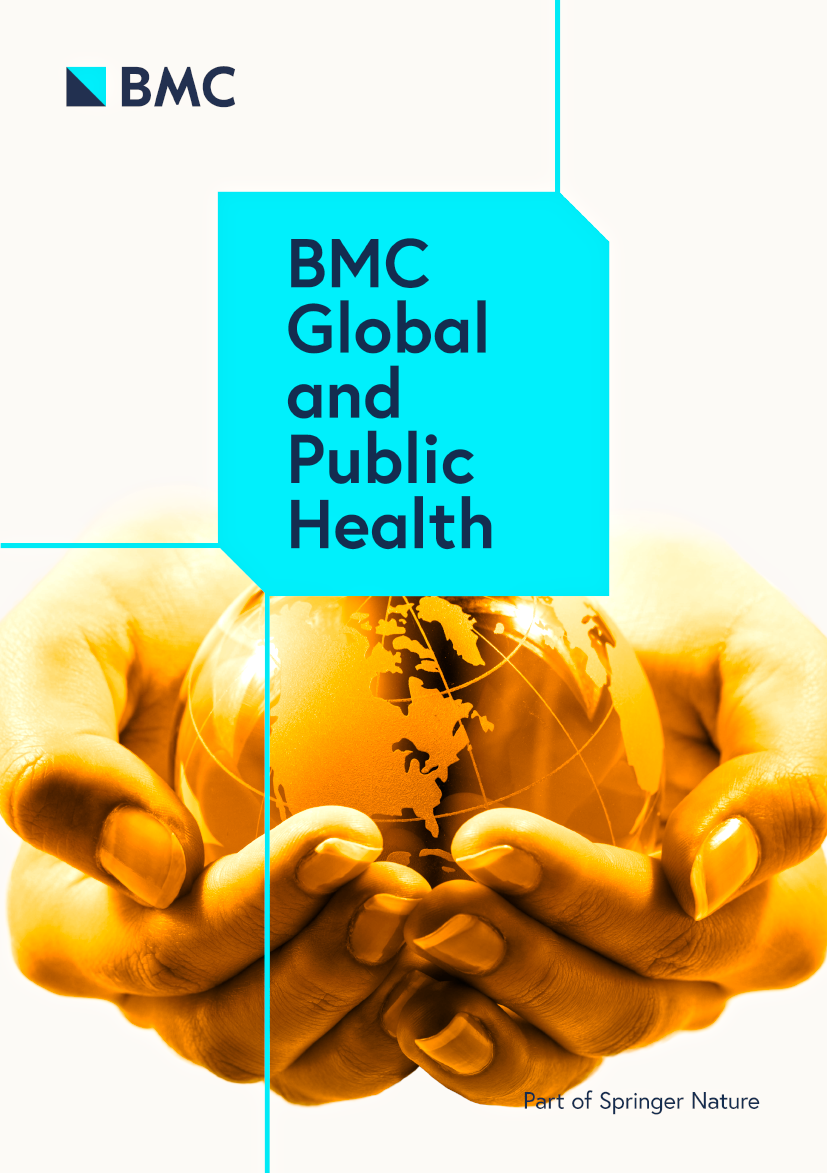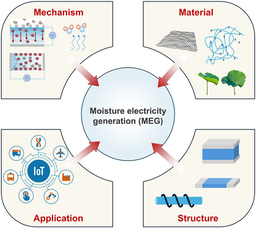In the Latin America and Caribbean (LAC) region, hearing loss affects millions, yet the unique challenges faced by Deaf communities remain largely unexamined in public health discourse. Deaf people, especially those who use sign language as their primary mode of communication, often experience systemic exclusion from health care systems that are not designed with their linguistic and cultural needs in mind. Less research has been designed to capture the lived experiences of this population, especially their health care experiences. A collaborative study in the Dominican Republic seeks to fill this gap. Through in-depth interviews with 102 Deaf Dominicans across urban and rural settings, the study uncovers the structural barriers and lived realities that shape their access to health care.
What inspired the study?
This research was inspired by the intersection of the global equity and deaf justice movements, with Deaf scientists and advocates leading efforts to improve health access and literacy – and to address language deprivation in Deaf people - in the Dominican Republic. Central to this work was a commitment to community-based participatory research (CBPR) principles, which prioritized authentic partnership with the Deaf Dominican community. Several intersecting pre-existing relationships formed this unique partnership, including academic and advocacy organizations in the Dominican Republic and USA. The research team incorporated deep collaborative relationships with the Asociación Nacional de Sordos de la República Dominicana (ANSORDO), the country's national Deaf association, recognizing them as essential partners rather than mere gatekeepers. Through extensive exchange and dialogue that prioritized LSRD (Lengua de Señas Dominicana/Dominican Sign Language) and ASL (American Sign Language) as the primary languages for this project (supplemented by written Spanish and English), the researchers embraced a praxis-based methodology that valued learning from community members' lived experiences and expertise (Smith 2021). This approach ensured that research questions, methods, and interpretations reflected the priorities and perspectives of Deaf Dominicans themselves, creating a reciprocal learning environment where academic knowledge and community wisdom informed each other. For these Deaf researchers, documenting the health experiences of their community was both a scientific and community-driven imperative rooted in transforming systemic exclusion into inclusion (McKee et al., 2015).
Why is it important?
Deaf individuals are often excluded from public health studies, especially qualitative studies that rely heavily on spoken communication, leaving them underrepresented in public health literature. While in this study, the research team partnered closely with the local Deaf community, ensuring that Deaf Dominicans were not just subjects of the study but also co-creators of its direction and meaning. Interviews were conducted in Dominican Sign Language (LSRD) by Deaf researchers and interpreters, allowing participants to express themselves fully and authentically. This linguistic accessibility was crucial for capturing nuanced experiences and building trust in health services research.
By grounding the study in Deaf cultural and linguistic norms, the research design itself became a form of advocacy—challenging traditional models that often exclude or misrepresent Deaf perspectives.
Did this study show anything unexpected?
This study marks a critical step toward recognizing and addressing the health inequities faced by Deaf communities. One important finding from the study was the extent to which Deaf individuals relied on gestures rather than formal sign language in medical settings. Despite being fluent in LSRD, many participants reported defaulting to improvised gestures or lipreading during health consultations. This wasn’t due to preference but necessity as most health professionals lacked any knowledge of LSRD, and interpreters were virtually nonexistent. The study also revealed the emotional distress this population encounters when they seek health care. Participants described feelings of fear, shame, and helplessness—not just due to their health conditions, but because they couldn’t understand or advocate for themselves. Some even avoided seeking care altogether, knowing they would face confusion and exclusion.
What is the wider significance of the study findings?
Importantly, the study reframes Deafness not as a disability to be “fixed,” but as a linguistic and cultural identity that deserves respect and accommodation. It highlights how structural audism, the privileging of hearing and spoken language, manifests in health care settings, and how language deprivation can have lifelong consequences for health literacy and autonomy.
The findings have broad implications for global health equity. They challenge policymakers, educators, and health professionals to rethink accessibility—not just in terms of physical infrastructure, but in terms of communication, representation, and cultural competence. By centering Deaf voices, the study advocates for inclusive health systems that serve all communities, not just the majority.
References:
Smith, L. T. (2021). Decolonizing methodologies: Research and indigenous peoples. Bloomsbury Publishing; 2021 Jun 3.
McKee, M., Paasche-Orlow, M., Winters, P., Fiscella, K., Zazove, P., Sen, A., & Pearson, T. (2015). Assessing health literacy in Deaf American Sign Language users. Journal of Health Communication, 20(Suppl 2), 92–100. https://doi.org/10.1080/10810730.2015.1066468
Follow the Topic
-
BMC Global and Public Health

An open access, transparent peer review journal publishing outstanding and influential research and opinion of broad interest to all professional communities involved in global and public health research, policy-making, implementation and delivery worldwide.
Related Collections
With Collections, you can get published faster and increase your visibility.
Understanding the HIV care continuum: Progress and challenges
BMC Global and Public Health is calling for submissions to our Collection on understanding the complexities and advancements in global health frameworks. This Collection will highlight key findings and challenges in maintaining continuity of care for populations affected by HIV across diverse regions.
This Collection aims to explore the multifaceted nature of HIV care, examining the ongoing challenges and recent advances in care delivery systems. We welcome contributions that offer a comprehensive understanding of how access to care, quality of treatment, and sustained engagement with healthcare systems impact health outcomes for individuals living with HIV.
Potential topics include but are not limited to:
The role of diagnosis and early detection in improving long-term health outcomes
Strategies for improving linkage to care and retention in care
The impact of antiretroviral therapy in managing HIV
Barriers to viral suppression and achieving optimal care continuity
Innovations in pre-exposure prophylaxis (PrEP) for at-risk populations
The influence of socioeconomic, cultural, and political factors on HIV care accessibility
This Collection aims to contribute to a more thorough and collaborative understanding of HIV care challenges worldwide, focusing on solutions and the pathways needed to support people living with HIV, ensuring their access to effective, ongoing care. We look forward to receiving innovative and impactful research that will push the boundaries of our current knowledge.
We encourage work from local, regional, national, and global partnerships and collaboration among multidisciplinary scientists using multiple methodologies. We ask that authors be careful to use non-stigmatizing/preferred language in their manuscripts as outlined in relevant language guidelines for their respective fields.
This Collection supports and amplifies research related to SDG 3: Good Health and Well-being and SDG 10: Reduced Inequalities.
All manuscripts submitted to this journal, including those submitted to collections and special issues, are assessed in line with our editorial policies and the journal’s peer-review process. Reviewers and editors are required to declare competing interests and can be excluded from the peer review process if a competing interest exists.
Publishing Model: Open Access
Deadline: Mar 18, 2026
Food security, nutrition, and dietary trends
BMC Global and Public Health is calling for submissions to our Collection on food security, nutrition, and dietary trends. These are interconnected elements that profoundly impact global health and well-being. As the world grapples with rapid population growth, climate change, and economic disparities, the challenges surrounding food access, quality, and sustainability have intensified. This Collection aims to gather diverse research that examines these complex relationships, focusing on how dietary patterns, food availability, and nutritional status influence overall health outcomes. By exploring the multifaceted nature of food systems, this Collection seeks to showcase pathways to achieve improved food security and nutritional health worldwide.
The goal of this Collection is to build a comprehensive body of knowledge that informs policy and practice. We encourage submissions that investigate:
Impact of dietary patterns on health outcomes
Addressing food insecurity through policy
Role of ultra-processed foods in nutrition
Personalized nutrition and dietary therapy
Nutritional supplements for malnutrition
This Collection supports and amplifies research related to SDG 2: Zero Hunger and SDG 3: Good Health and Well-Being.
We encourage work from local, regional, national, and global partnerships and collaboration among multidisciplinary scientists using multiple methodologies. We ask that authors be careful to use non-stigmatizing/preferred language in their manuscripts as outlined in relevant language guidelines for their respective fields.
All manuscripts submitted to this journal, including those submitted to collections and special issues, are assessed in line with our editorial policies and the journal’s peer-review process. Reviewers and editors are required to declare competing interests and can be excluded from the peer review process if a competing interest exists.
Publishing Model: Open Access
Deadline: May 28, 2026




Please sign in or register for FREE
If you are a registered user on Research Communities by Springer Nature, please sign in
This is remarkable research. I'm glad I read it